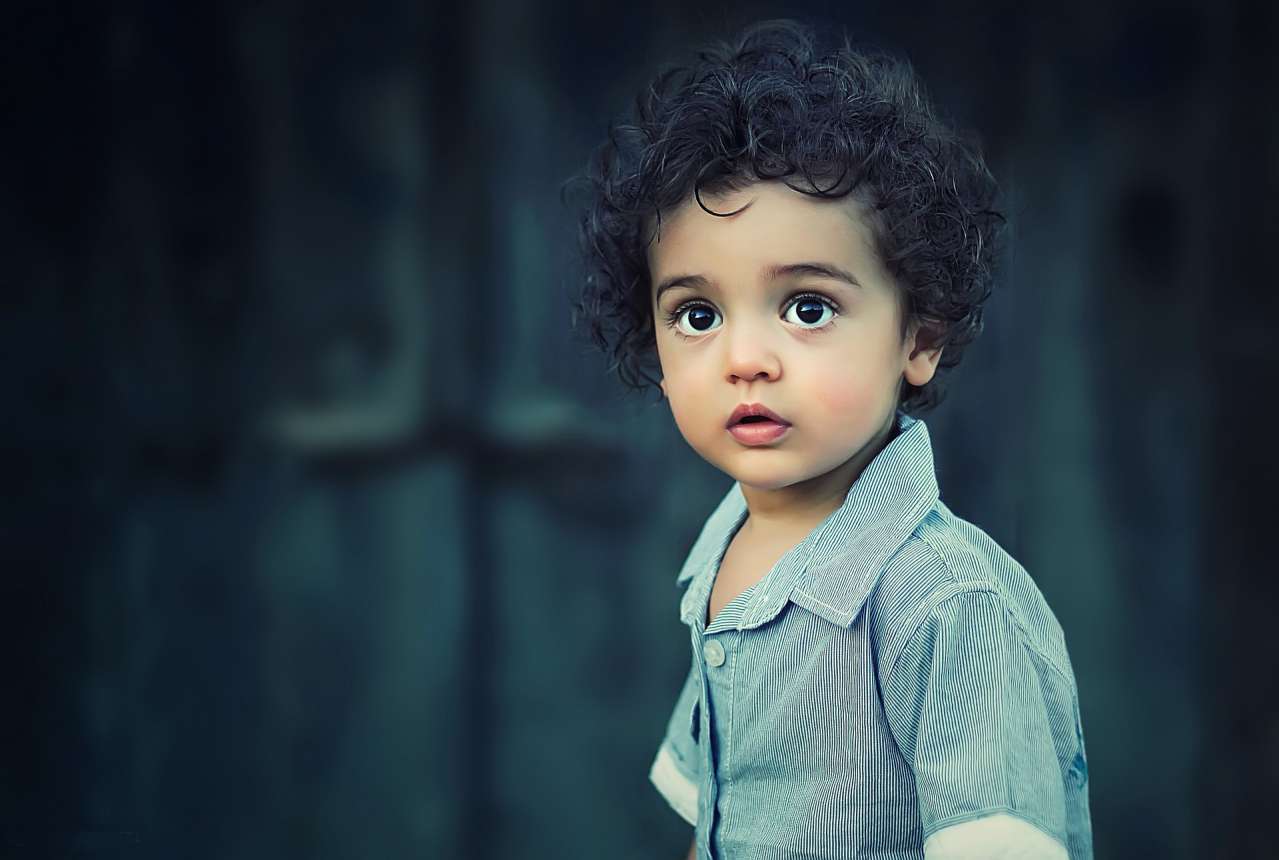
Studies have shown that 25% of Americans have financial injuries. And, surprisingly, it's even worse for millennials: 1 in 3 experience it.
Consequences of an unfavorable childhood
A difficult childhood increases the risk of developing clinical depression in adults. Chronic depression is a problem with pleasure and motivation, caused by a lack of dopamine and impaired formation of the reward system due to increased levels of glucocorticoids.
A growing body of research suggests that when a person lives in poverty, the limbic system constantly sends stress signals to the prefrontal cortex, overloading it and reducing the ability to solve problems, set goals, and complete tasks. Poor people experience stress all the time.
A poor childhood reduces self-esteem and self-confidence, even if, having matured, a person has achieved financial well-being. The length of time spent in poverty matters and affects the individual in different ways.









